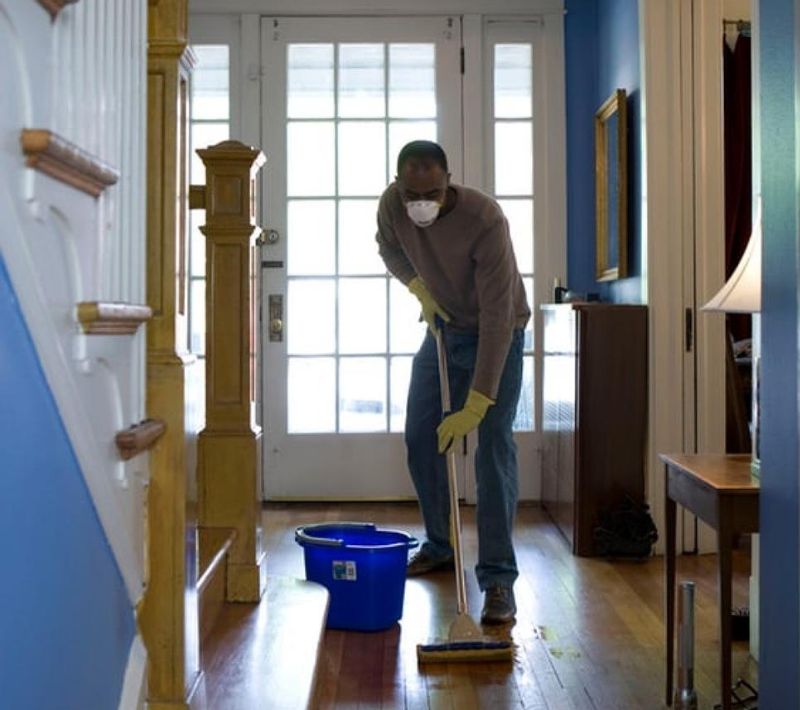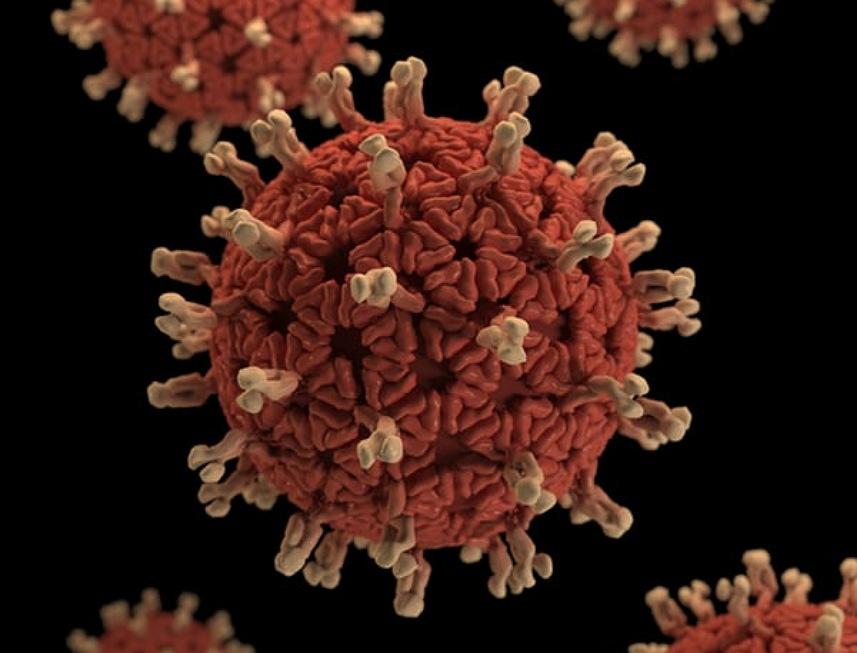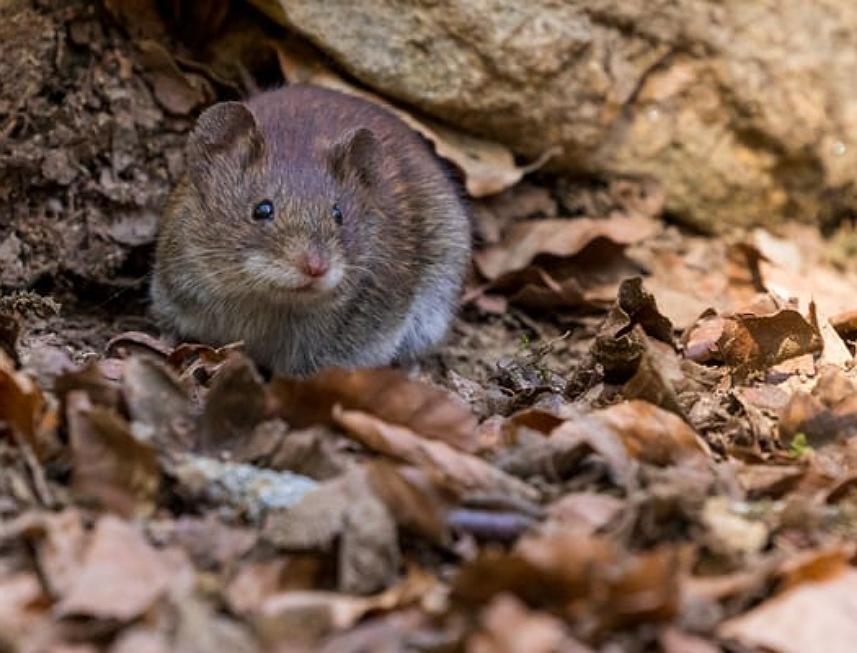The Hantavirus: Ten Things You Need To Know

In the midst of a Coronavirus(Covid-19) outbreak, the world is again shocked by the news that a man in China has died from a new virus called the Hantavirus. This virus is gotten from contact with the feces, urine and other body fluids of rodents such as rats and mice. It affects the lungs and the heart of infected persons causing body aches, dry coughs and difficulty in breathing.
The early symptoms of Hantavirus last from four to ten days and can be confused with those of Covid-19 or flu with a few extra symptoms such as abdominal pains, etc. Below are ten important things to know about Hantavirus.

Image Source: Unsplash
Ten Things To Know About The Hantavirus
- Hantavirus symptoms are similar to Coronavirus symptoms
- The Hantavirus is not a new virus
- The virus infects mice and rats but they seem to be immune to it.
- Humans become infected with hantaviruses by coming in contact with the urine, saliva, or feces of infected rodents.
- It can be fatal to humans because it affects the respiratory system and the heart.
- It cannot be spread through human to human contact(Research ongoing)
- Hantavirus is an airborne virus.
- There is no vaccine yet for the virus.
- The incubation period is from one to five weeks.
- Hantavirus could be fatal.

Image Source: Unsplash
Symptoms of Hantavirus
- Fever greater than 101◦F
- Chills
- Body and muscle aches
- Headaches
- Nausea and vomiting
- Abdominal pain
- A dry cough
- Breathing difficulty

Image Source: Unsplash
How To Chase Rodents From Your Home
Hantavirus is transmitted when humans come in contact with the body waste of infected rodents. It might be Spring in your country, but in some parts of the tropical world, the rainy season just began. Rodents everywhere are eager to get out of the cold and into the warmth of human dwellings. These rodents bring in not only their filth but the fatal Hantavirus. Here are some ways we can ensure they do not get into our homes.
Block Entry Points
One great way to stop rodents from getting into your home is to block their points of entry. These could be through cracks in the walls, the roof, or even through the doors. Some rodents just waltz in if you leave your doors open. Blocking entry points will ensure that no new rodents will come into your home. You will now have only the ones inside your house to deal with.
You could block entry points by cementing, in the case of cracks in the walls. By boarding up windows and by closing doors when they are not in use. Doors leading to places like the backyard or the gardens should never be left open. This is because rodents tend to live in these places where there is either clutter or enough vegetables for food.
Keep House Clean
Keep your home clean and free from food particles lying around on the floor. Rats love those particles because they are accessible and they don’t have to do much work to get them. Sweep your floors clean often, even if you have kids that tend to snack often and spill food particles on the floor.
A vacuum cleaner is great at ensuring there are no particles on already cleaned floors as opposed to using a broom. You could also mop the floors after sweeping for a more thorough finish.
Use mouse traps
Mousetraps are an effective way of catching rodents. The great part of it is that they catch the little monsters and keep them stuck in place till morning when you can choose to either kill them or let them go.
Use Mouse Bait
You could bait rodents with food and then catch them in a cage. Some people poison these baits but I don’t know about that.
Image Source: Unsplash
Get A Cat
Cats are an effective way to drive rodents from your home. Buy a CV couple of cute little cats and you’ll be pleased with how those rodents disappear from your premises.
Minimize The Number Of Dark And Secluded Places In Your Home
Rats love dark places with clutter because they use those places as shelter, protection and as a nursery to keep their young. Places like your cabinet in the kitchen or your attic with all those old stuff you don’t have the heart to throw away are Eldorados to those rodents.
Keep your home clutter-free and they will feel exposed and grow uncomfortable enough to vacate your home. However, peradventure the rodents in your home are rodents without shame, a clutter-free home is also an advantage for you because the lack of clutter makes it easier to spot a little mouse nosing around the place.
Reduce Moisture Saturation Around The House
If your house is too moist, rats would love it. Warm and moist shelter. Rat heaven! Keep your house dry and dirt-free at all times to reduce or prevent a rodent invasion.
Keep Food In Airtight Containers
These rats do carry a lot of diseases in their bodies and if they get access to your food, it might be fatal. Keep food in airtight containers that are hard enough that the more dangerous rodents cannot chew through.

Image Source: Unsplash
Conclusion
No one can know an infected rodent by just staring at it so it is wise for us to make sure our homes are rodent-free. A clutter-free and hygienic environment is not a favorite for rodents so ensure your home meets these standards. Always wear face masks when doing cleaning around your house. The Hantavirus is airborne and dust is always a willing carrier of such viruses.
Symptoms of Hantavirus are similar to those of common flu and Covid-19. As soon as you feel unwell, call 911 or visit the nearest hospital. Hantavirus is 38% fatal but the difficulty of transmission gives us a great deal of hope. Take care of yourself and your family and please do not panic. We will be okay.
She's a beauty and an exquisite lady who enjoys the high life in writing and poetry. Her writing style and prowess is innovative and focuses on the feminine perspective, bringing nothing but wholesome gratification to the African, Afrocentric and Afro-American women at large


